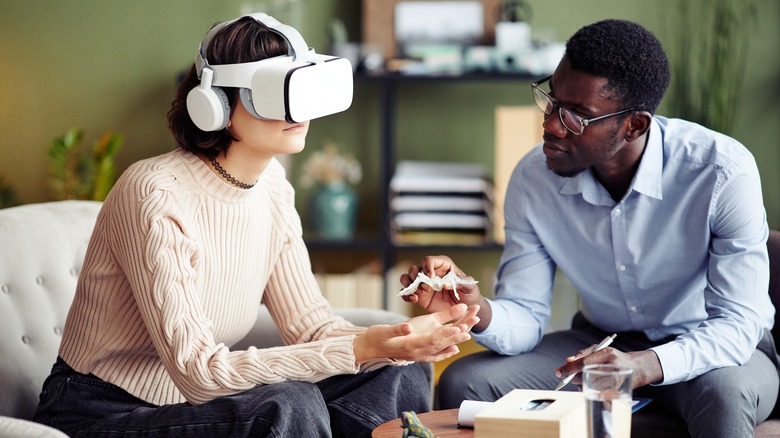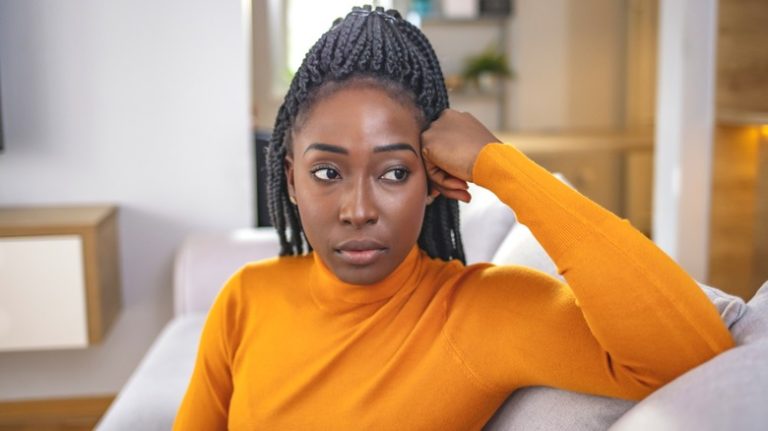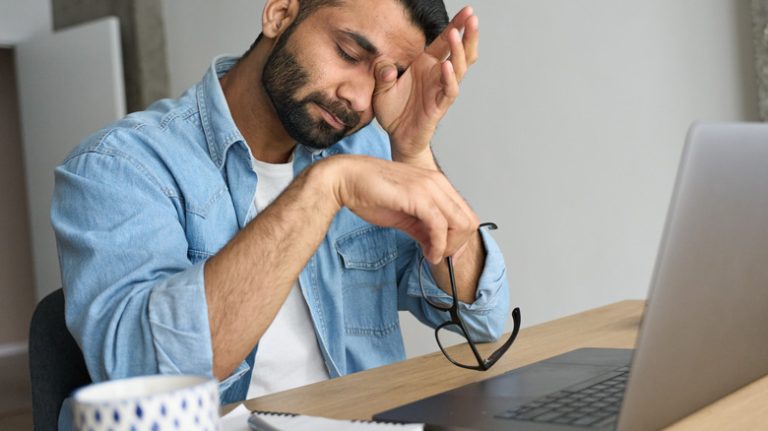Have you ever had a panic attack on a flight? Is the top of the Empire State Building the last place you ever want to be? Do you freak out when you see the tiniest spider? If so, it is possible you might have a phobia. Merriam Webster defines a phobia as “an exaggerated, usually inexplicable and illogical fear of a particular object, class of objects, or situation.” Help Guide notes that phobias can interfere with your life or make certain activities unbearable. But there may be new hope for people who grapple with crippling phobias, as a new study finds virtual reality has the potential to treat some phobias.
The 2024 study examined how a smartphone app linked to a VR headset could help people overcome specific phobias. The results were published in the Australian and New Zealand Journal of Psychiatry and showed a 75% reduction in phobia symptoms within six weeks (via Science Daily). The success of this app, called oVRcome, could signal a breakthrough in mental health treatment. So, how does it work, and could it help you or someone you know?
VR Exposure therapy shown to help reduce intensity of phobias

The randomized, controlled trial studied 126 people between ages 18 and 64 over a six-week period to determine whether virtual reality exposure therapy could help people overcome their fears. During the study, participants independently used the oVRcome app, a mobile health application featuring self-guided 360-degree virtual reality video exposure therapy (via Science Daily).
In exposure therapy, therapists expose clients to feared stimuli in safe environments (via Healthline). Exposure therapy generally begins with mildly frightening stimuli, like a picture, and gradually intensifies the experience of stimuli, possibly up to personal contact. However, real-life environments can only be controlled so much (per Medical News Today). Could VR exposure therapy reduce the likelihood of environmental interference and improve outcomes for people trying to overcome their fears?
According to the study, the app consists of six modules. The modules begin with psychoeducation audio lessons followed by gradual exposure to fears. Guided meditations help users calm down after sessions.
The oVRcome app currently addresses 10 phobias, plus social anxiety. While the trial looked at people age 18 and older, the app offers specialized programs for kids starting at age 5, with age-specific therapies for tweens and teens. However, Medical News Today points out that oVRcome is a for-profit initiative that involves a monthly subscription fee.



